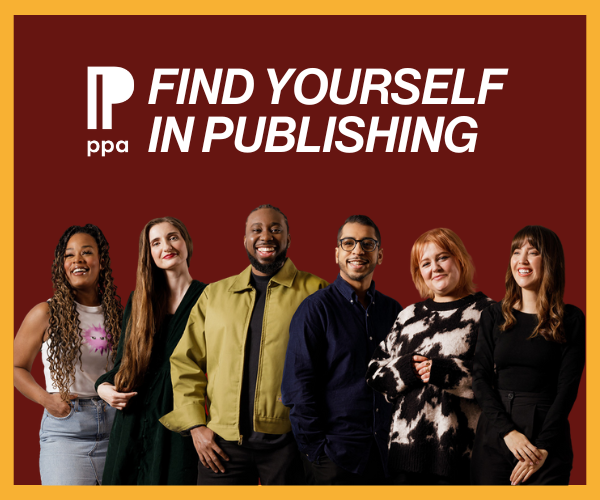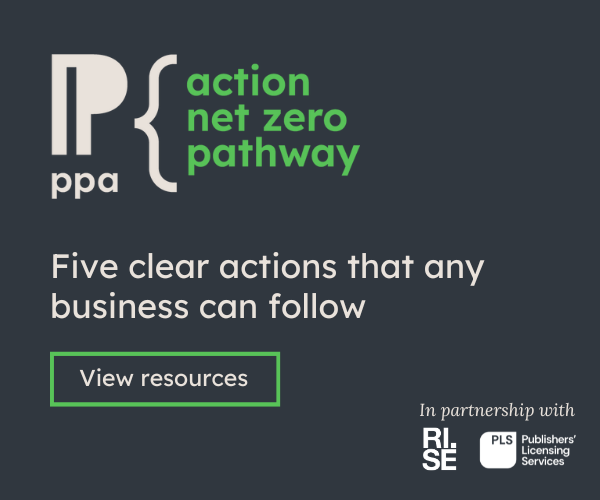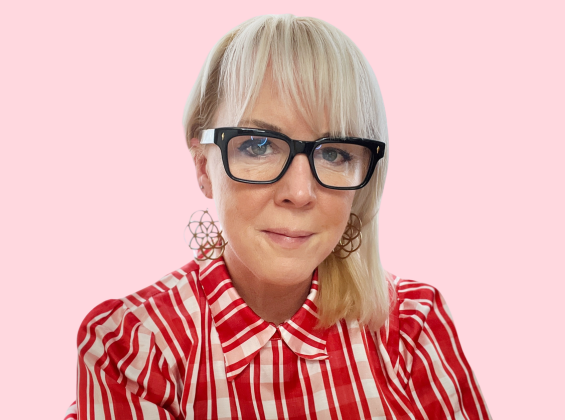Chart your career from the start to now.
I started as a journalist in 2003 when I joined the Telegraph & Argus in Bradford as a trainee reporter. There I got my NCTJ and NCE (as it was at the time) before training as a videographer for the website. I then went to work as a news editor at weekly and daily titles in West Yorkshire, before becoming the editor of two weekly titles and then head of news for Yorkshire Post Newspapers. All of this happened over a decade in which digital news production and news consumption was evolving and doubt was being cast over the future of printed news and local journalism. So in 2014, when I became a lecturer in journalism I also started a PhD researching the impact of digital tools on news production and on journalistic and brand identity at local newspapers in the UK. I went on to become the programme leader for undergraduate journalism at Leeds Trinity University and when I completed my PhD with the University of Leeds in 2020 I was ready for a new challenge. The opportunity of Online Safety Editor at Reach was hugely appealing as it united my love of journalism with my research skills and my experience as a lecturer, both in terms of training design and delivery and the pastoral elements too. My research interests and findings are also hugely relevant to the role.
You are the first ever Online Safety Editor. What does this role entail?
Reach has more than 3,000 journalists and the most immediate priority within the role is to support colleagues across the organisation when they experience abuse and harassment or other online or digital harms. The response to individual cases is reactive, managing cases and supporting individuals when something happens. However, there is also a significant proactive element which includes developing strategies to protect against abuse, including development of training for journalists and managers, sharing Reach’s zero tolerance stance both internally and externally and working collaboratively with industry, platforms, government, academics and training providers.
I’ve been in this position for three months now and every week there are new circumstances or events which identify either a new training or response need or which help to inform the work already being done – as this is a new role, its development has to be organic in some ways. As I continue in this work I also have had the privilege of meeting and working with some inspirational people who are tackling the issue of online harm within other parts of industry both nationally and internationally. This has been hugely helpful in meeting allies working in the field and also in developing a collaborative network and joined-up approach to tackle what essentially is a societal problem.
Do you think the Online Safety Bill will be successful in making the internet safer for journalists and the public?
I’m very pleased to see the establishment and development of the Online Safety Bill, we have too long talked about the issues of abuse, threats and harassment online and it’s fantastic to see something now being done to tackle this in the UK. Elements of the bill, such as the proposal to criminalise the act of making threats online, are a really positive step forward. However, the difficulty will be how to police and hold online abusers to account. It’s a huge task and will require greater transparency, the establishment of jurisdiction and will need platforms to take more responsibility for the actions of their online users. The complexities of the task combined with the fast pace of digital and technological innovation and the establishment of new platforms, will be a huge challenge which will require buy-in from all of the major stakeholders. The National Committee for the Safety of Journalists, which was established by the government last year, has fed into the draft bill and I hope to see continuance of this close work with journalists to ensure we can continue to inform lawmakers about changes and new requirements in our fast-paced industry. So yes, it’s a great step forward which will require a real interrogation of process to make delivery realistic. I look forward to hearing more about how we can work together to make it a reality.
Regulating the internet is infamously difficult, how do you begin to go about this?
I think collaboration has to be the key. The issues of the internet being misused to spread hate and fear are not restricted to the UK, this is an international issue which is essentially a societal problem. Uniting large organisations such as Reach with others in the same field and beyond is crucial. The same can be said for uniting democratic nations in our approaches. To make a difference we need to be aligning laws internationally, working together to lobby for change both in terms of platform regulation and also in developing education for all around internet usage. The UK’s online safety bill is a good start, but we need to be working with allies, such as Australia (which introduced its Online Safety Act in January 2022) to take a joined-up approach. Education around how to use the internet safety and with respect also needs to be built much more into school, college and university curriculums. Much of the abuse that takes place online is knee-jerk, real-time herd culture, with throwaway comments made without any real thought about the impact those words will have on not only the target, but on other online users. Negativity and aggressive online behaviour legitimises more of the same, partly due to the lack of regulation and partly due to the lack of grounded insight about the impacts of that behaviour. So while policing the internet is partly the responsibility of the police and hosting platforms, it is also the responsibility of governments, educators, organisations and individuals.
How do you go about maintaining freedom of expression whilst also considering online safety?
This is one of the trickiest conundrums posed by legal regulation. There are critics of the Online Safety Bill who worry that the proposal to remove or regulate content will stifle freedom of expression or attempt to define acceptable behaviours. The complexity of online interactions and usage creates the problem – while some online harms are clearly threatening (for example, a message threatening a journalist with physical harm if they continue to cover an ongoing court case) others are less obvious (for example, a smiling emoji and waving hand sent with the message ‘see you soon’ to a journalist covering a court case). The former is clearly problematic, the latter is subtle and the meaning interpretive. Often the context and history of the individuals involved is what will inform the interpretation. This is one of the difficulties posed by the bill, the way the internet is used and the agenda of its users are myriad. Therefore, the complexities of acceptable use is probably one of the greatest challenges faced by lawmakers. However, it is worth having these conversations and trying to take steps forward; freedom of speech and expression does not legitimise threatening, aggressive and abusive behaviours and so it is worth having these difficult discussions in order to establish ways of curtailing aggressors and protecting victims of online abuse.
Do you think roles like yours are the key to keeping journalists safe online in the future?
I think roles like mine are part of the key. I am very pleased to see work being done by the BBC in this area and Thompson Reuters is currently advertising a similar role. I’d like to see other publishers and parts of industry doing the same. However, I think journalism training providers have a huge role in this too alongside online platforms and legislators. Ultimately it is a sad fact that a role like mine is needed at all, we shouldn’t have to have a gatekeeper to keep journalists safe. Journalism without influence is a crucial part of a democratic society which we need to protect and my role is, unfortunately, currently necessary to allow journalists at Reach to operate confidently within online spaces. I also think that as a large operator within a varied media ecology in the UK, we should be sharing best practice and knowledge with other parts of industry which may not be able to appoint someone into a specific role like mine – only collaboratively can we start to make change.
What’s on your radar?
The draft of the Online Safety Bill and the next steps for online regulation in the UK will be discussed at a Westminster eForum later this month (March 23) and will develop discussions around how to tackle the complex issues under scrutiny.
What magazine do you stockpile?
I love to sit down with The Week on a Saturday morning over a lazy breakfast. It is a great way of accessing top international as well as UK news stories, analysis and opinion and the features at the end are always an interesting long-read too.









